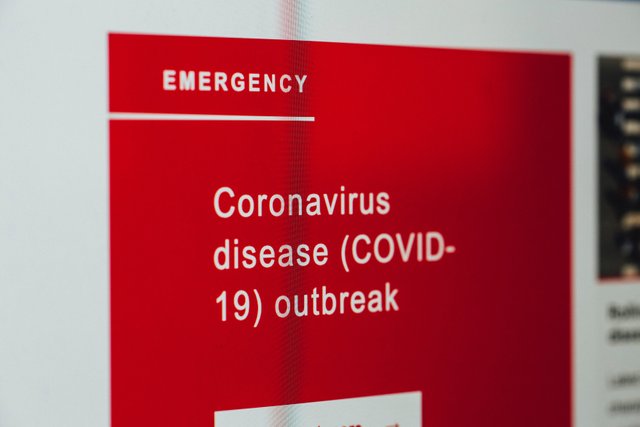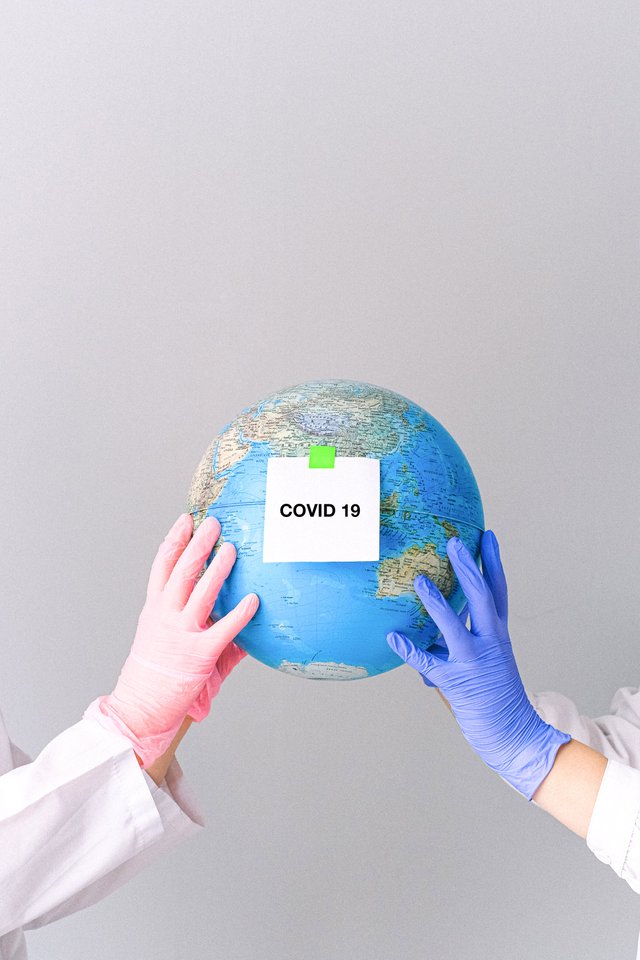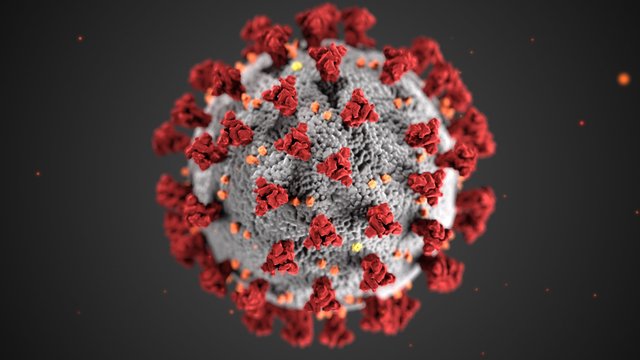The Institute of Pasteur warns about the potentially fatal return of measles infections. One of the reasons for its recurrence would be the end of the health crisis.
By J.W. using AFP
Posted at 17:31 on November 15, 2023

Illustration of the Purpan Hospital in Toulouse, which provides adult emergency services, September 26, 2023
Illustration of the Purpan Hospital in Toulouse, which provides adult emergency services, September 26, 2023, by Hans Lucas via AFP; copyright: Adrian NOWAK
Reading time: 4 minutes Including in my favorites Yahoo News Commenter Participant
The Institute of Pasteur raises an alert about the forced conversion of meningites to meningocoques. Ever since the COVID-19 health measures were discontinued, France has seen a "rebond sans précédent" from this potentially fatal infection of the brain enveloppes and epinière moelle. In its call for vigilance released on Tuesday, the Institut Pasteur calls for increasing vaccination rates among teenagers who are most affected by measles. These are often viral in nature, although they may also have bacterial roots, like in the case of meningites and meningocoques.
THE NEWSLETTER SANTÉ Every Tuesday at 9:30

Get our selection of stories from our Health section, together with the Palmarès of hospitals and clinics, special reports, advice, and tips.
The email address you use
By registering, you acknowledge and agree to our privacy policy and general terms of service.
Transmission occurs between individuals via close, prolonged touch. In the general population, one in ten people (but three adolescents) are carriers of meningococcal disease before any symptoms appear.
Read also Symptoms and vaccinations: all you need to know about Meningitis
Without treatment, death might occur within 24 hours.
However, it turns out that once the respiratory pathways are infected, meningocoques spread throughout the body via the blood circulation. Les principaux symptômes sont une fièvre élevée, des maux de tête violents, vomissements, raideur de la nuque, photosensibilité, taches rouges ou violacées (purpura). Imperceptible and fatal, this illness may cause death in less than 24 hours if treatment is not received quickly. Once corrected, the mortality rate remains at 10%.
Amputation, insane, cognitive issues, or even learning difficulties are among the consequences of meningite to meningocoques that might be more or less severe.
To read also Covid-19: "Contextualization of this epidemiology is essential."
A sharp decline in cases during the health crisis
According to the Institut Pasteur, during the Covid-19 epidemic, aversion behaviors like as mask wearing and social distancing had a favorable impact on respiratory illnesses. This was the case with meningite to meningocoques, which saw a 75% decrease in the number of infections in 2020 and 2021. However, the center of reference was questioned later, after the protective measures were implemented.
Scientists have closely examined the disease's development between 2015 and 2022 and have seen a rapid return of bacterial activity.
"The meningite to meningocoques outbreak experienced an unprecedented surge in the fall of 2022, with a higher number of cases reported today, in the fall of 2023, than during the period preceding the Covid-19 pandemic," summarizes Samy Taha, one of the authors of a study published last month in the Journal of Infection and Public Health and a researcher in the Institut Pasteur's unit on invasive bacterial infections.

To read also Covid-19: the actual effects of the pandemic on life expectancy
"Né jamais atteints" niveaux
While 298 cases were recorded between January and September 2019, 421 cases—or a 36% increase—have already been reviewed between January and September 2023, according to Pasteur. This is "even though the winter peak has not yet occurred." The head of the Center national de référence des meningocoques, Muhamed-Kheir Taha, notes that there are levels "never reacheds" in France.
According to the Institute of Research, there are two main explanations for this: a decline in overall immunity as a result of the decline in souche circulation, as well as a decline in vaccination, which, for example, decreased by 20% for the meningocoque C vaccination during the first confinement.
Various kinds of envelopes or capsules encircle the bactérie. The character of these envelopes in the meningocoque case is indicated by letters.
To read also Investigation into Papillomavirus Following the Death of a College Student Who Had Just Been Vaccinated
"A vaccination strategy to consider"
Currently, only the group C meningocoque immunization is required in France; as of 2018, the group B meningocoque vaccination is only advised for infants starting in 2022. Contrary to certain countries, such as Great Britain, there are now no general public recommendations against the Y and W groups. Alternatively, since the end of the pandemic, these latter sources have been accountable for the majority of meningitis cases.

"We believe that it is time to reconsider the current vaccination strategy," Muhamed-Kheir Taha told AFP. Researchers now affiliated with the Haute Autorité de santé (HAS) advise, among other things, that teenagers, who are the main carriers of the meningocoque virus, be informed about the tétravalent vaccine that carries the meningocoque virus of groups A, C, Y, and W.
To read also Seasonal grippe: the campaign has begun; who can be vaccinated?
Factors contributing to surveillance
Noting that the seasonal grippe epidemic may intensify the spread of meningite in the coming months by providing a "favourable environment for the growth of meningococcal bacteria," such as by increasing respiratory pathogen exposure and circulation. Another area of concern is large gatherings that may be contaminated, like the Olympics.